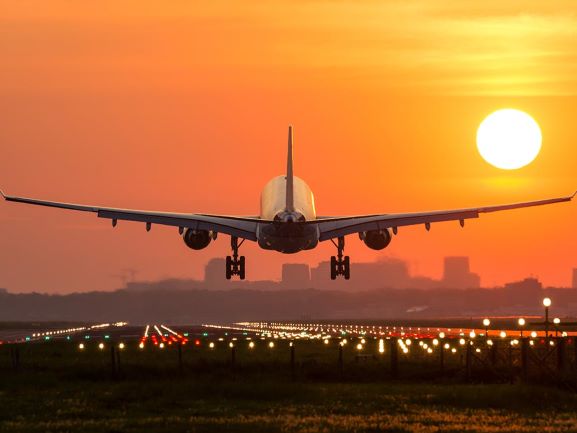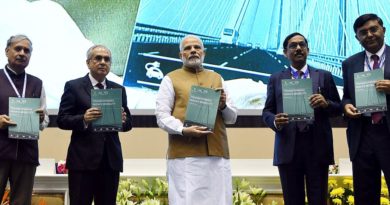France Plans To Propose New Tax on Flights in EU

After Flight shaming and calls by climate change activists for reducing emissions from aviation, the airline industry now faces the spectre of higher taxes to push it, rather than nudge it, to a less polluting model.
Making the first push is France, which plans to propose a new tax on air travel in the European Union. This could be in the form of an extra levy on fuel or tickets, or even some changes to the European carbon emissions trading system. The news comes amidst reports that France is one of six EU nations, a list that includes Germany too, unlikely to hit their 2020 renewable energy targets, putting the European Union’s 20% goal at risk, the bloc’s auditors said today. France is lagging in its bid to source 23% of its energy from renewable sources by 2020, the European Court of Auditors said in a report.
Meanwhile, the International Air Transport Association (IATA) chief, Alexandre de Juniac, has been doing his job, defending the aviation industry. He claims that the public has been unaware of the efforts being made in the industry in the form of fuel-efficient airliners or the use of biofuels. He has further criticized the introduction of newer ‘green taxes’ given that it is already subject to the EU carbon emissions trading system and, from 2020 to a new global mechanism called the Carbon Offsetting and Reduction Scheme for International Aviation (CORSIA). After achieving an annual emissions peak in 2020, the industry hopes to halve its total carbon emissions in the ensuing 30 years.
Sweden, on its own, is proposing a 27% greenhouse gas (GHG) reduction mandate for aviation fuel sold in the country in the year 2030. Norway has announced a 0.5% biofuel blending mandate in 2020. The good news is that there will be enough capacity on the market to supply the anticipated volumes of renewable jet fuel to Sweden and Norway.
The movement is spearheaded by a young environmentalist, Greta Thunberg who has boycotted air travel. She even took a train to reach for her speech at Davos summit this year. In February, one of the world’s most well recognized high-speed rail system, the French TGV trains that are managed by SNCF, the government-owned operator also announced plans to be greener. These High-Speed Train called TGV 2020, will run on French rails from 2020.
The UN’s International Civil Aviation Organization estimates commercial flying is responsible for two percent of global CO2 emissions and EU figures show it as the most polluting form of transport per kilometer (mile) traveled. Worldwide, flights produce 859 million tonnes of CO2 every year which forms 12% of CO2 emissions from all transport sources.




